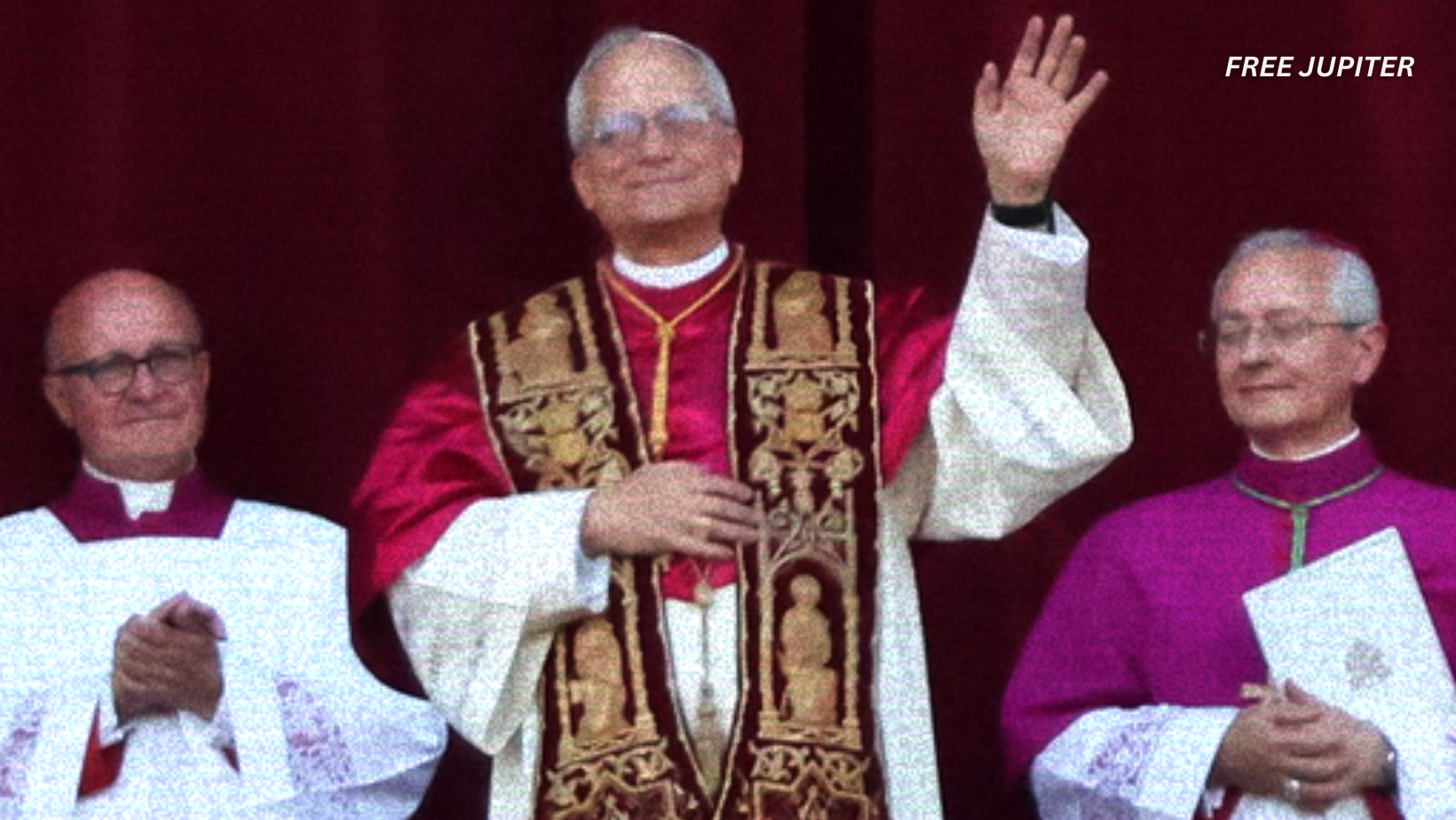In May 2025, Cardinal Robert Francis Prevost was elected to the papacy, becoming Pope Leo XIV and making history as the first American to assume the role. His election has generated widespread interest, not only because of its significance for the global Catholic community but also due to the practical details surrounding his position, specifically what he will earn as pope.
Although the papacy is a religious office, not a conventional job, many are curious about how much the new pontiff will be compensated. Lets take a look into Pope Leo XIV’s expected financial arrangements and how they compare to those of his predecessors.
Does the Pope Receive a Salary?
The pope does not receive a traditional salary in the way that political or corporate leaders do. The Vatican covers all living expenses associated with the role, including housing, travel, food, healthcare, and clothing. The position is one of spiritual leadership, and the Church does not treat it as a salaried occupation in the usual sense.
Nonetheless, it has been reported that Pope Leo XIV will receive a monthly stipend of approximately €30,000, or roughly $33,800 USD. This allowance is not intended as income but rather as discretionary spending money for personal needs.
While the amount may appear low relative to the prominence of the role, it reflects the ethos of simplicity and service that is central to the Catholic Church’s teachings.
Sources of Vatican Funding
The financial support for the papacy is drawn from various Vatican revenue streams, most notably charitable contributions and investments. One of the primary sources is Peter’s Pence, an annual collection held in Catholic churches worldwide to support the pope’s apostolic mission and charitable work.
Additionally, the Vatican owns extensive real estate in Rome and other parts of the world. It also operates museums and historical sites that attract millions of visitors annually. These properties and cultural institutions help fund the Church’s activities, including the support of the pope.
Benefits and Provisions Afforded to the Pope
While the pope does not earn a significant income, the Vatican provides an extensive array of resources to enable him to perform his duties effectively. These include:
- Housing: The pope resides within Vatican City, traditionally in the Apostolic Palace. The residence includes private quarters, chapels, meeting rooms, and office space.
- Transportation: Official travel is fully funded by the Vatican. The pope uses a specially designated aircraft for international visits and Vatican vehicles for local transport.
- Clothing: All liturgical and everyday garments are custom-made and provided by the Church.
- Healthcare: The pope receives medical care through the Vatican’s internal healthcare system, with immediate access to top physicians.
- Security: The Swiss Guard and Vatican police provide constant protection, both domestically and during international travel.
- Staff: The pope is supported by secretaries, household staff, translators, advisors, and clergy for both administrative and ceremonial functions.
How Much Did Pope Leo XIV Earn Previously?
Before his election, Robert Francis Prevost served in senior Vatican roles, including Prefect of the Dicastery for Bishops. In those positions, he reportedly earned a monthly income between €4,000 and €5,000, which also included housing and other benefits associated with the Roman Curia.
By becoming pope, he has effectively accepted a reduction in pay, which further underscores that this position is not pursued for financial reward.
Pope Francis and His Approach to Compensation
Pope Francis, who led the Church from 2013 until his death in 2025, famously refused any personal salary during his time as pope. Instead of occupying the luxurious papal apartment, he chose to live in the more modest Vatican guesthouse and focused on reducing ostentation within the Church.
He often redirected gifts and personal offerings to charitable causes and consistently modeled a lifestyle of humility and simplicity. Pope Francis’s example set a tone for future pontiffs, including Pope Leo XIV, who is expected to uphold similar values.
A Historical Perspective on Papal Wealth and Spending
Over the centuries, the lifestyle and financial practices of popes have varied widely. In earlier eras, some popes were known for great opulence, while others emphasized spiritual discipline.
Pope Leo X (1513 to 1521)
A member of the influential Medici family, Leo X was known for lavish spending, extravagant events, and patronage of the arts. His financial excesses significantly strained the Vatican’s resources. His administration’s controversial sale of indulgences was one of the catalysts for the Protestant Reformation.
Pope John Paul II (1978 to 2005)
John Paul II, one of the most widely traveled popes in history, led the Church through the late Cold War era. Although he accepted a stipend, he lived simply and focused on his theological writings, interfaith dialogue, and political diplomacy. His influence contributed to the fall of communism in Eastern Europe.
Pope Benedict XVI (2005 to 2013)
Benedict XVI resigned from the papacy in an unprecedented modern move. During his tenure, he received the customary stipend but lived modestly. After his resignation, he continued to reside in Vatican City under the Church’s care, refraining from public influence.
Pope Pius XII (1939 to 1958)
Pius XII led the Church during World War II and faced significant financial and moral challenges. Under his leadership, the Church dedicated substantial resources to assisting refugees, displaced populations, and the rebuilding of war-torn communities.
Why Is the Papal Salary So Modest?
The title “Servant of the Servants of God,” traditionally used to describe the pope, embodies the philosophy behind the limited compensation. The Church emphasizes that the pope is not a monarch or a corporate leader but rather a spiritual guide whose life is to be marked by service, humility, and moral leadership.
Granting a large salary or personal fortune to the pope would contradict the principles of simplicity and selflessness that the Church seeks to uphold. Additionally, the pope cannot transfer Vatican property, assets, or gifts into private ownership. All significant items and offerings received during the papacy remain the property of the Church.
Will Pope Leo XIV Make Changes to Vatican Financial Practices?
Although it is too early to predict, Pope Leo XIV is known for his pragmatic leadership style and pastoral focus. As a former bishop in Peru and cardinal in the Roman Curia, he has gained a reputation for practical reforms and community engagement.
He may continue Pope Francis’s efforts to promote financial transparency, reduce corruption, and ensure that Church resources are directed toward mission work, education, and humanitarian aid. Whether or not new financial policies will be introduced under his leadership remains to be seen.
A Role of Spiritual Duty Rather Than Financial Reward For Pope Leo XIV
Pope Leo XIV will receive a modest monthly stipend, yet he steps into a role of immense global responsibility. The financial support provided by the Vatican ensures that he can carry out his duties without concern for personal expenses, but the rewards of the position are spiritual and symbolic rather than material.
In a world where wealth often defines success, the papacy remains one of the few positions of influence where simplicity is not only expected but honored. Pope Leo XIV now leads over 1.3 billion Catholics worldwide, and though his paycheck may appear modest, the weight of his role is without parallel.










